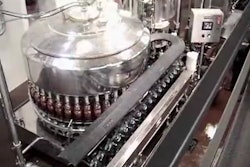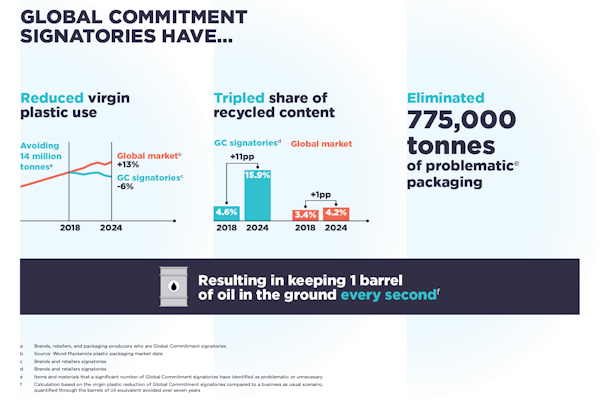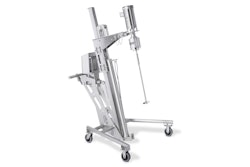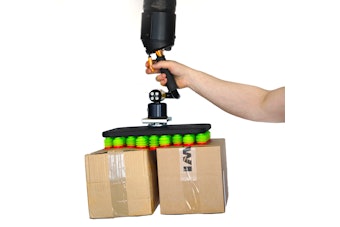Chris Nelson, director of asset protection for Target Corp., Minneapolis, told the House Judiciary subcommittee that theft and counterfeiting not only costs retailers $30 billion each year, but also poses a potential serious threat to consumer health and safety.
As examples, he cited both infant formula and over-the-counter drugs that are commonly stolen by shoplifting rings. “Organized thieves will repackage and change the labels of stolen products to falsely extend their expiration dates,” he pointed out. The products are then resold through flea markets, over the Internet and elsewhere past the expiration dates. In addition, the products may not be stored under the required conditions “which can threaten the product’s integrity,” he said. Nelson was representing the Coalition Against Organized Retail Theft, a group chaired by FMI.
Meanwhile, GMA commended the House subcommittee for passing H.R. 32, an anti-counterfeiting bill that would increase penalties for criminals who distribute counterfeit products by eliminating loopholes in federal trademark laws.
“Counterfeiting and [organized retail] theft pose a significant threat to the economy of the United States and undermine the welfare, security and safety of its citizens,” said Paul Fox of Boston-based The Gillette Co. “As leaders in global commerce, we must take real steps to protect the integrity of U.S. brands and products,” Fox told the subcommittee. Counterfeiting is estimated to result in loss of U.S. sales of $200 billion to $250 billion each year, according to industry research. —Arnie Orloski


























